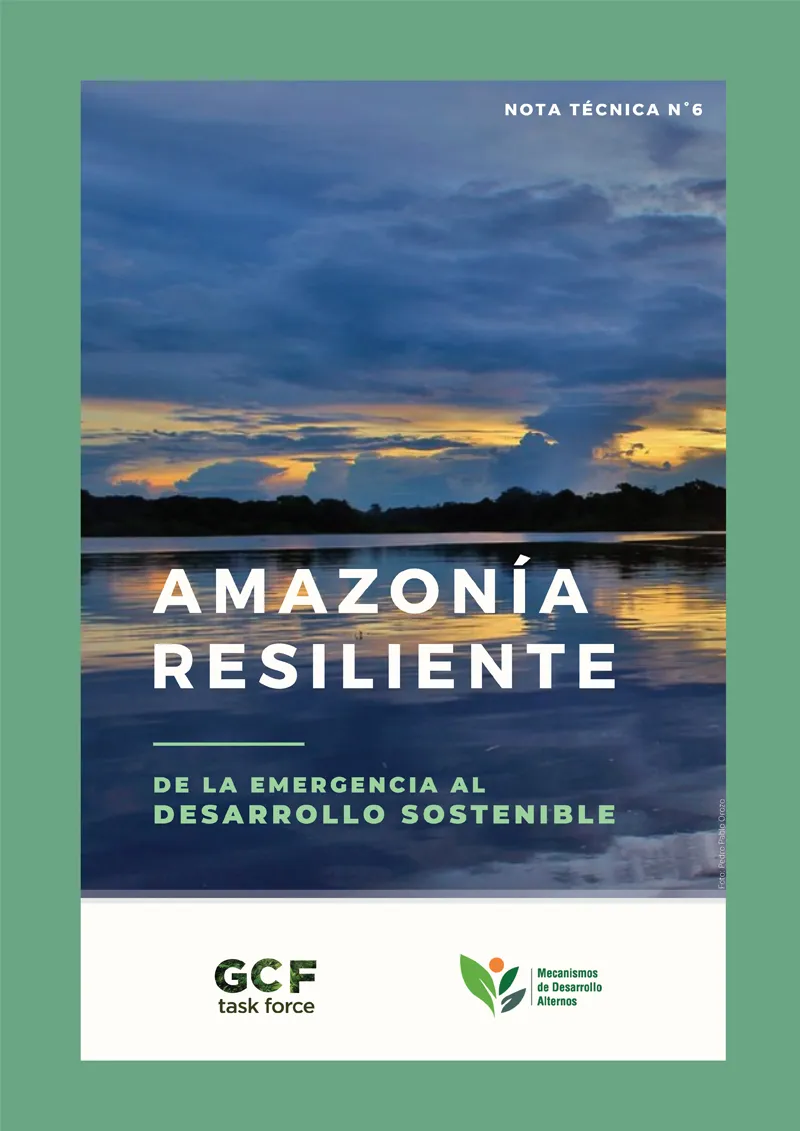The paper examines the impact of the pandemic of COVID-19 in Peru, especially in the Amazon, and how this crisis has exposed the fragility of the health system and the importance of emergency measures such as social distancing. Highlights of infectious disease, such as COVID-19, are environmental problems related to the fragmentation of the habitat, the change in land use and global warming.
Proposes that the resolution of the urgent problems of the pandemic should generate opportunities to promote the development of sustainable, resilient and inclusive in the Amazon. To do this, raises a number of lines of fast action that require coordination between regional and local governments:
◦ Generation of Temporary Employment Massive: Creating a program to recoup the expense of family, contain the movement of people, and prevent the increase of illegal activities and the pressure on the forest.
◦ Financial assistance and Guarantee Funds: Supporting companies and producers to refinance obligations and access to new financial resources, leveraging funds of national emergency.
◦ Improvement of Basic Services and Infrastructure: Rehabilitating and building sanitation facilities in health centres and educational, as well as water and sanitation systems. Also, promoting reforestation, agro-forestry and green infrastructure.
◦ Connectivity and Digital Education: Extending the optical fiber and wireless signals throughout the Amazon to implement telehealth and tele-education, and ensuring access to electric power in populated areas.
◦ Financial Inclusion: Promoting the use of electronic means for the transactions, including the payments of temporary employment programmes.


